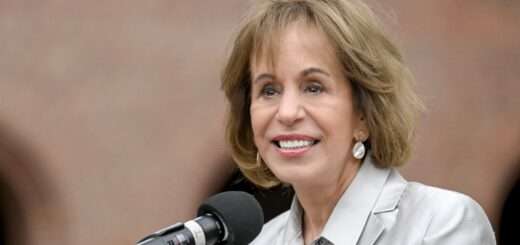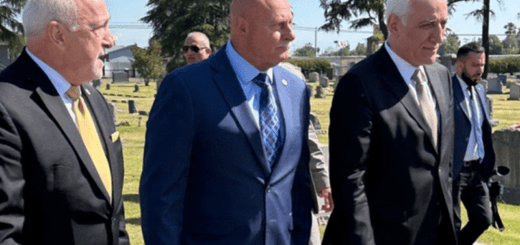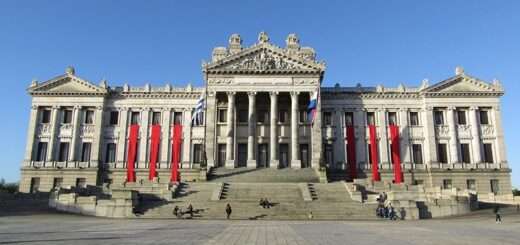Call for release of Armenian political prisoners continue in Bonn, Germany

Yerevan (Mediamax) — The Artsakh Union launched a campaign, challenging COP29 host Azerbaijan to release Armenian political prisoners.
The campaign comes amid the opening week of the Bonn Climate Change Conference, where experts set the agenda for the COP meetings that will bring together world leaders in Baku later this year.
Hikmet Hajiyev, foreign policy adviser to the Azerbaijani president, told media that the country was eager to make “COP29 a COP of peace.”
“The Aliyev regime of Azerbaijan continues to detain Armenian political prisoners and hostages, destroy our cultural heritage and property under their occupation, systematically promote anti-Armenian ethnic hatred and block the return of the forcibly displaced Artsakh people to their homes. These actions, along with other international and domestic crimes, exemplify their ongoing genocidal policy against the Artsakh people. Our efforts aim to raise international awareness about the Aliyev regime’s continuous violations and the urgent need to release our illegally detained leaders and compatriots. The international community must not allow the Aliyev regime to mislead and distract them with COP 29 and evade accountability for their perpetrated genocide and continuous violations,” said Artak Beglaryan, president of the Artsakh Union and former state minister of Artsakh.
The Artsakh Union is a grassroots organization created by citizens of Artsakh (Nagorno-Karabakh), an unrecognized state that was invaded by Azerbaijan in September 2023, causing the entire population of 120,000 indigenous Armenians to flee. Amid the aggression, Azerbaijani officials also arrested eight Armenian political leaders of Artsakh, a group that remains illegally detained and hostage in Baku and awaiting news on their trial date.
The political prisoners include international philanthropist and humanitarian Ruben Vardanyan, who recently ended a 21-day hunger strike to protest their illegal detainment, increasingly worsening imprisonment conditions, and limited access to due process in an opaque legal system.
Juan Mendez, the United Nations’ first Special Adviser on the Prevention of Genocide reviewed these actions, confirmed that “genocide has been committed against ethnic Armenians in Nagorno-Karabakh, but the danger of more suffering of this kind is by no means over. The international community still bears a responsibility to act to protect this population from further harm.”
The United Nations’ International Court of Justice (ICJ) ordered Azerbaijan to uphold the right of return for ethnic Armenians, instructing the country to “take all necessary measures to prevent and punish acts of vandalism and desecration affecting Armenian cultural heritage, including but not limited to churches and other places of worship, monuments, landmarks, cemeteries and artifacts” following its invasion. Despite these orders, recent satellite images show destruction of Armenian cultural heritage sites and residential buildings, prompting widespread concerns.
Pressure continues to grow on Azerbaijan from the international community in the lead up to COP29, which will be held this November in Baku. In an April resolution, the EU reaffirmed that “the ongoing human rights violations in Azerbaijan are incompatible with the country’s preparations to host COP29.” U.S. senators have also called for the release of Armenian political leaders held in Azerbaijan, with several members of congress sending a follow-up letter raising concerns in mid-May. French senators have also put forth resolutions proposing sanctions against Azerbaijan for its actions in Nagorno-Karabakh.







